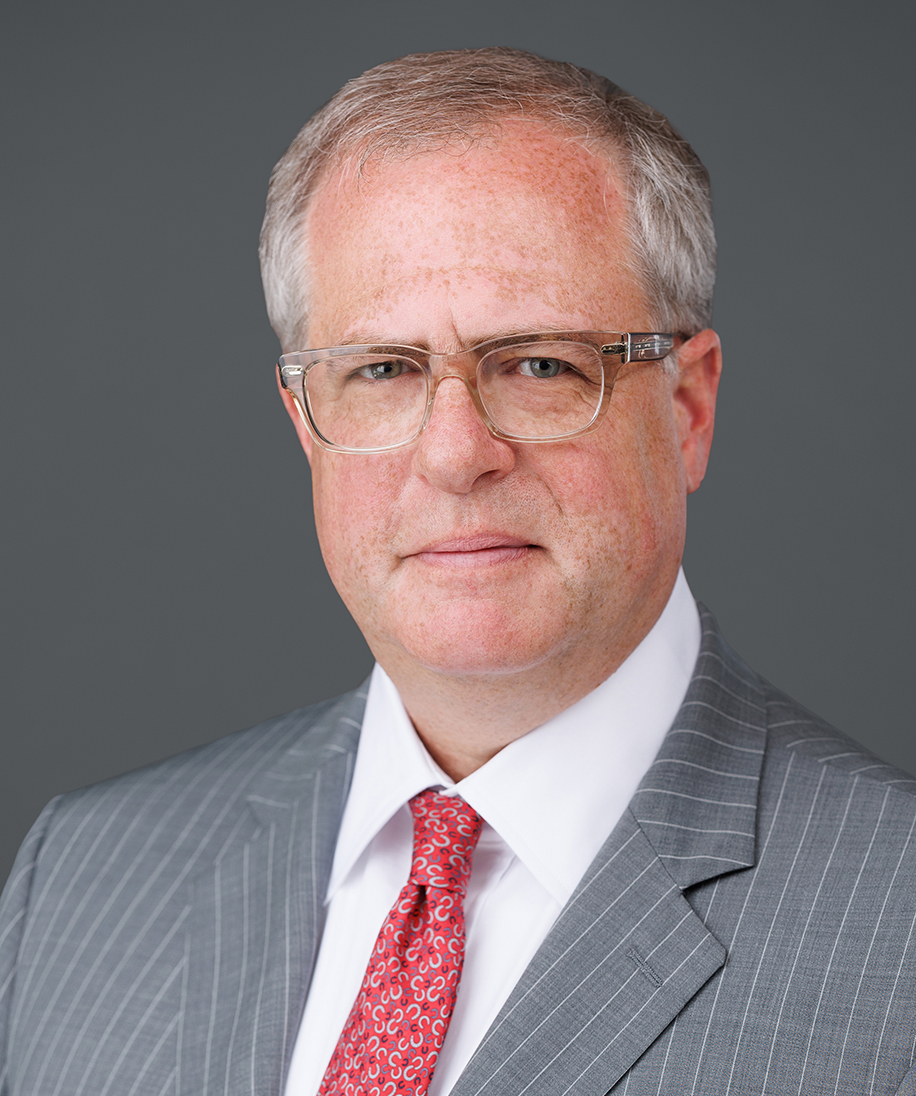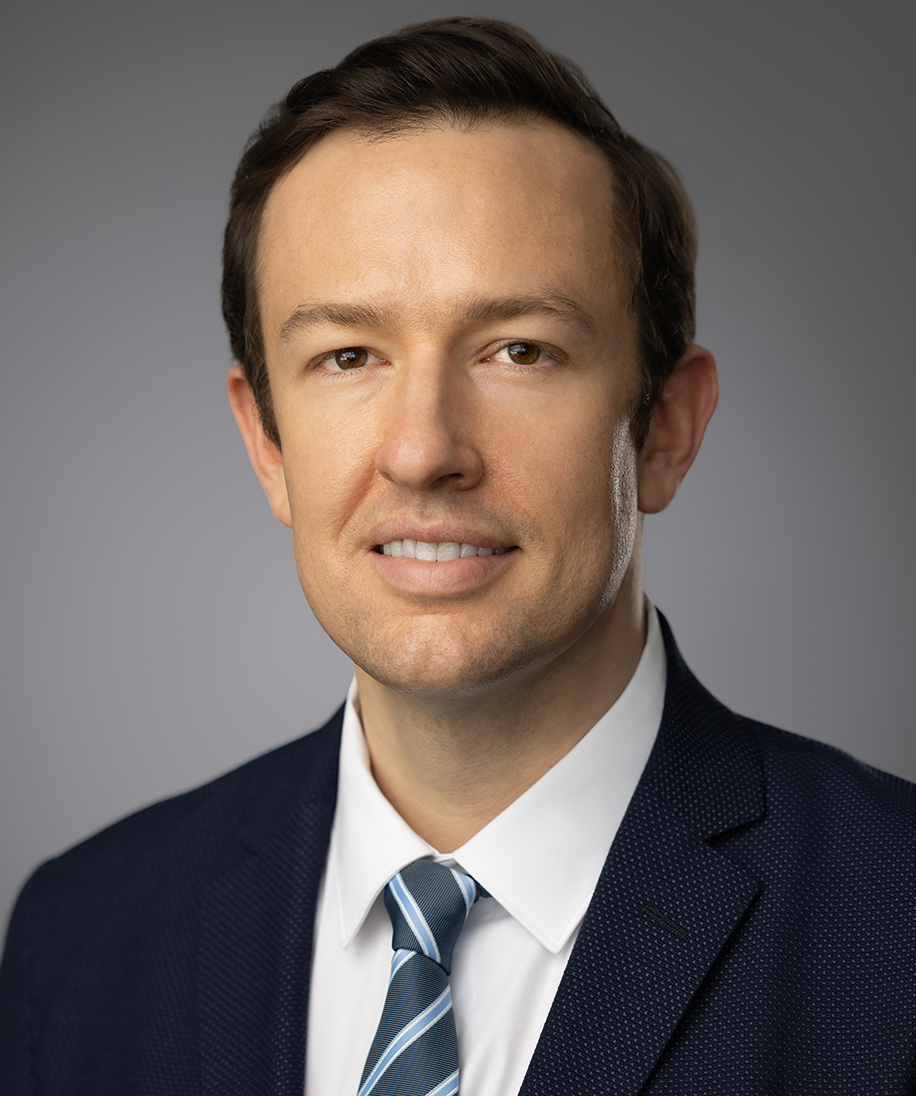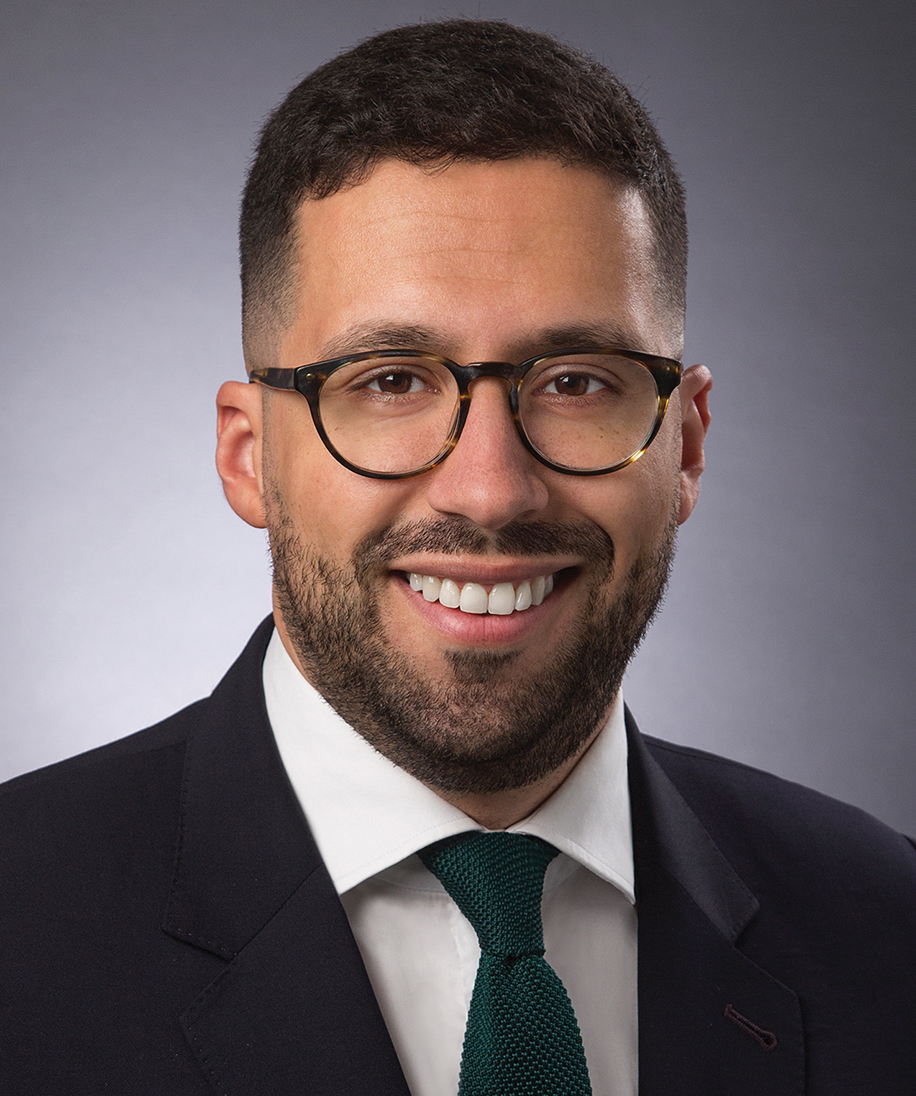International Regulatory Enforcement (PHIRE)
Brazil Closes the Book on Lava Jato
February 11, 2021
By Jay Darden,Corinne A. Lammers,
Bryan H. Parr,
Harry C. Morgan,& Diogo MetzOn February 3, 2020, Brazil’s federal prosecutor’s office (MPF) announced that the Lava Jato task force had been dismantled, effective February 1, 2020, and its prosecutors and investigators assigned to other units. The announcement marks the end of the largest anti-corruption campaign in the history of Latin America, and possibly worldwide, but did not come as a complete surprise. The task force had effectively been on life support since last summer when President Bolsonaro declared his intention to end Lava Jato “because there is no corruption to be investigated in the current government.”[1]
The Lava Jato investigation began in March 2014 in Curitiba, Parana under the supervision of then-Judge Sergio Moro. What began as a small money-laundering investigation involving a car wash (lava jato), grew into a sprawling juggernaut that rocked the Brazilian political landscape, ensnaring former President Lula, bringing down the government of his successor, Dilma Rousseff, and implicating dozens (if not hundreds) of well-known Brazilian governors, members of Congress, and other government officials.
According to the MPF release, during the almost seven years that the Lava Jato task force was active, the unit conducted 79 investigation “phases,” resulting in 1,450 search and seizure warrants, 211 bench warrants, 132 pre-trial detentions, and 163 prison sentences. Overall, 533 individuals were cited in 130 criminal complaints filed by the task force resulting in 278 convictions. The task force collected USD 5.2 billion in fines and misappropriated funds, which were returned to the Brazilian state and its state-owned enterprises. Then-Judge Sergio Moro became, for a time, one of the most popular figures in Brazil, and the task force was memorialized in a popular television series, “The Mechanism” (O Mecanismo).
However, while news outlets and global enforcement agencies publicly celebrated the task force’s results, over time, allegations of partisanship and concerns about the task force’s heavy-handed tactics and adherence to due process and proper procedure began to grow. In March 2016, then-Judge Moro released secret recordings between then-President Rousseff and her predecessor, President Lula, the day before Rousseff announced she had appointed Lula to her cabinet. The tapes raised suspicions that the appointment was intended to shield Lula from prosecution by the task force and ultimately resulted in Lula’s appointment being blocked. Questions arose about whether Moro had a valid warrant to record the president’s conversations, and the timing of the release fueled allegations of political bias. These were only reinforced when Moro later joined the Bolsonaro administration as Minister of Justice, days after Bolsonaro defeated the Worker’s Party (PT) candidate in the 2018 presidential election. In 2019, the credibility of the Lava Jato task force arguably took another hit when The Intercept began publishing a series of hacked messages sent between task force prosecutors and then-Judge Moro that showed what could be perceived to be potentially improper collaboration on cases and bias against the PT and its candidates. Former President Lula is currently appealing his sentence, based, in part, on the alleged misconduct revealed by these exchanges.
The end of the Lava Jato task force closes an important chapter in Brazil’s anti-corruption efforts. The task force made important strides in exposing corruption in the political system and holding individuals accountable, but, in the eyes of some, it failed to live up to its full potential and was tarnished by accusations of political bias and prosecutorial misconduct. One undoubtedly positive legacy is the heightened awareness of corruption issues that Lava Jato brought to companies doing business in Brazil, leading many to adopt robust compliance programs for the first time. Looking forward, it remains to be seen whether task force alumni and other independent prosecutors will continue to pursue high-profile matters at the same pace, particularly those involving the current administration. As highlighted in our recent post, the Bolsonaro administration recently announced an ambitious five-year anti-corruption plan, but it is still too early to evaluate the impact and seriousness of these initiatives.
While the impact on the pace and intensity of enforcement in Brazil remains to be seen, companies will be well-served to remain vigilant to potential corruption risk relating to activities in Brazil. It is certainly possible that bad actors will perceive the end of Lava Jato as signaling a return to the old “business as usual.” And it is worth noting that irrespective of the direction set by the current administration, individual MPF prosecutors still operate with significant independence. Many in the new generation of prosecutors seeking to make their names will have been inspired by the work of the Lava Jato task force in confronting corruption at the highest levels. Hopefully, these individuals will have also learned from some of its lessons as well.
Contributors



